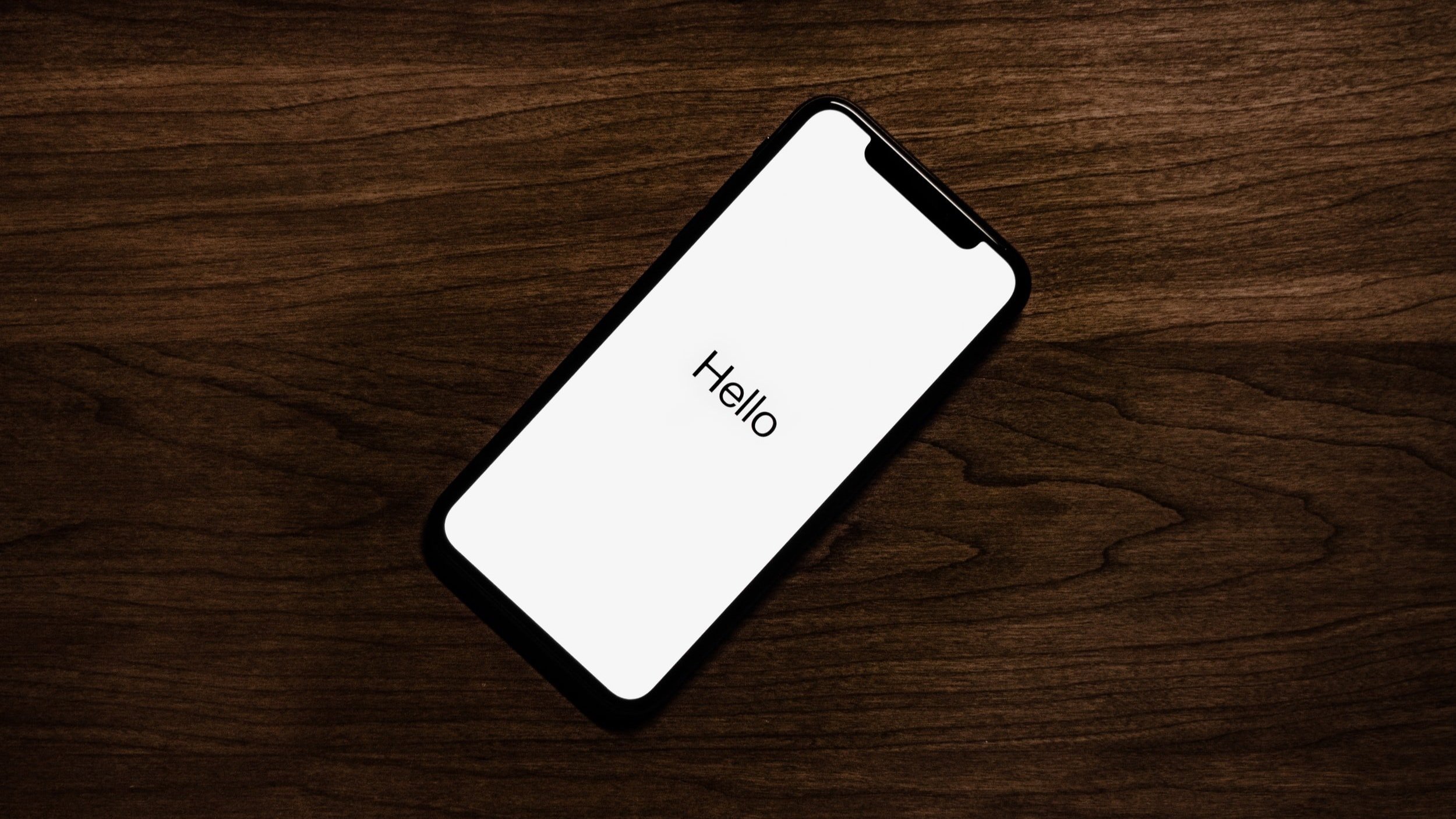
Hosting Refugees
The aim of this blog series is to provide regularly posts on key topics pertinent to refugees and the people who host them. Our aim is to support hosts to explore the emotional and psychological implications of this role in order to feel empowered and equipped.
This blog is written by Dr Natalie Isaia and Dr Nicola Griffiths, Clinical Psychologists with a special interest in trauma who are keen to share their knowledge of this area. Each post will hopefully give an introduction to a key topic pertinent to hosting and help hosts to think about how to support themselves and their guests using some top tips taken from psychological literature and research.
Topics
Introduction
Find out about why we have written this series and what we hope to achieve
Considering the Emotional Impact
An exploration of the emotional impact of displacement and trauma. In this article we explain the range of emotions that refugees may experience, how to support someone living with you experiencing these emotions and how to care for yourself whilst hosting.
Understanding trauma, triggers and responses
Experiencing trauma can change how our brain sees and interacts with the world around us, knowing how the brain responds to trauma can equip hosts to understand the potential experiences that their guests might be living with and know how to offer appropriate support.
Boundaries
In this post we explore the importance of boundaries, these are fundamental in any relationship so that each party feels safe and knows where they stand so here we think about how this is even more so the case if someone has experienced trauma or is hosting someone who has.
Physical and Psychological Safety
A safe environment is the most essential basic need. Being safe allows us to heal and thrive. This article explores different types of safety and how to create safety when hosting.
Moral Injury and Vicarious Trauma
In this post we explore the impact that hosting someone experiencing trauma can have upon us and share tips to keep safe when supporting others.
Anniversaries and Further Traumas
On the year anniversary of Russia invading Ukraine we explore the impact of anniversaries, additional losses and traumas.
Signposting and Resources
We are often asked by hosts how they can help their guests to get support when they need it. In response to this we have put together some information about signposting to NHS and charitable services as well as a range of resources in different languages for both you and your guests. Click below to find out more
About the authors
-

Dr Natalie Isaia
Natalie is a friend of The Core Collective, her enthusiasm for sharing her psychological knowledge with others in order to change communities and culture is not only impactful but inspirational. When she suggested the idea of a collaboration we jumped at the chance to work together!
“I love supporting people to develop a warmer relationship with themselves and learn to feel safe in their own body using Compassion Focused Therapy. In recent years I have built a skillset in service development and discovered a passion for organisational training. I am also passionate about social justice; I link this to my clinical activities through working with marginalized groups, including homeless individuals and refugees and asylum seekers.”
Unique skills:
Specialist knowledge of Psychologically Informed Environments
Experience working with individuals experiencing PTSD and complex PTSD
Delivering and coordinating training programmes in the homelessness sector
Find out more about Natalie by visiting her linked in Here
-

Dr Nicola Griffiths
Nicola is a founding partner of The Core Collective, she is not only passionate about supporting people to improve their wellbeing and recover from traumatic experiences but has grown up in a community in which hosting people is the norm and therefor is keen to support others to have positive hosting experiences.
“I love helping people make meaningful change from a place of understanding. I use the knowledge I have gathered from studying neuroscience and my research into interpersonal communication on top of my doctoral training to offer training and therapy grounded in science and interwoven with a person’s individual strengths, needs and interests.”
Unique Skills
Specialist skill set in supporting individuals with PTSD and complex PTSD including military trauma
Knowledge of neuroscience and neuropsychology from BSc and post doctoral masters
Creating psychological informed training sessions in public, private and charity sectors








